OPINION: A free press law is imperative for Texas
Senior ENO editor-in-chief Neha Madhira takes on the topic of student press law by posing for the photo here and by authoring the attached editorial. Senator Jose Rodriguez filed S.B. No. 514 Jan. 29, 2019, in the Texas State Senate. This proposed piece of legislation has the support of the New Voices movement in Texas and is meant to protect students from being censored. This free press law has been passed in 14 other states. “Allowing students to express their beliefs without suppressing them not only makes students better critical thinkers, but this freedom also brings in those “real-world situations” they are taught to learn from,” Madhira said. “Without this freedom, students have no voice, and without New Voices, there is silence.”
January 31, 2019
Texas legislators recognized student voices are worth defending two years ago when they filed a New Voices bill, and it is back for its second session to obtain passage. Senator Jose Rodriguez filed Senate Bill 514 Jan. 29, 2019. New Voices is a student-led legislative movement that protects students from unfounded censorship.
This free press law has already passed in 14 states, and Texas must be the next.
People who stifle student voices are afraid of them. Whether they work at schools or in the community, people who censor want to control what is being said, but that doesn’t stop students from finding this information.
A common example of this is when student media staffs are censored for writing about topics that are “too sensitive” for their school. Information is better than misinformation, and when students don’t receive the information they need from student journalists, who thoroughly research every story reported, they may find false resources elsewhere.
No matter if censorship is happening to student journalists, or to theatre students when parts of their plays are cut out, they are being limited an appropriate or meaningful education. Student voices are still suppressed.
At the same time, having New Voices does not mean everything becomes a Pandora’s box of what can be said or a free-for-all. Student journalists still must legally practice ethics and common sense when it comes to their reporting, while the same responsibility and community standards apply to theatre students or any other student groups.
At schools, students are taught to bring “real-world situations” into their classrooms. In art, students are told the basic guidelines of their assignment, but their creativity is not expressed for them. On the athletic field, students learn plays from their coaches, but they must go out on the field themselves. In a newsroom or theatre production, however, the responsibilities of reporting the truth, or telling the whole story, are taken away from students.
Allowing students to express their beliefs without suppressing them not only makes students better critical thinkers, but this freedom also brings in those “real-world situations” they are taught to learn from. Without this freedom, students have no voice, and without New Voices, there is silence.
See related National publications here:



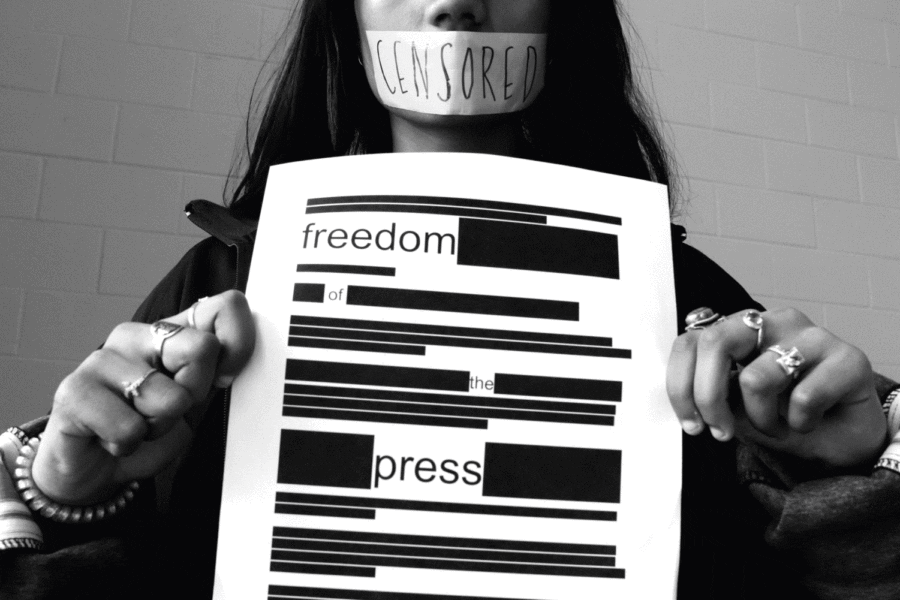


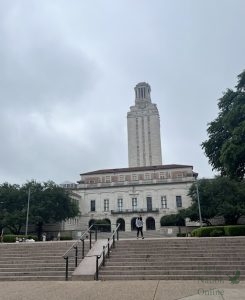













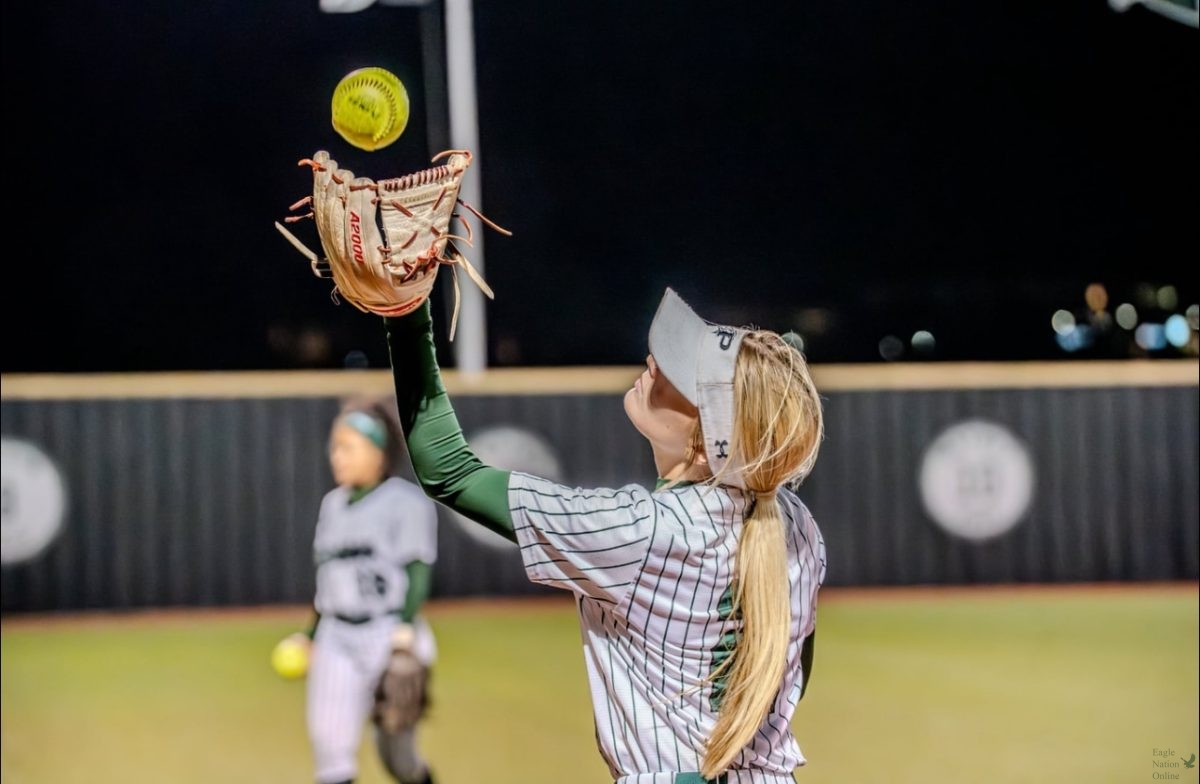



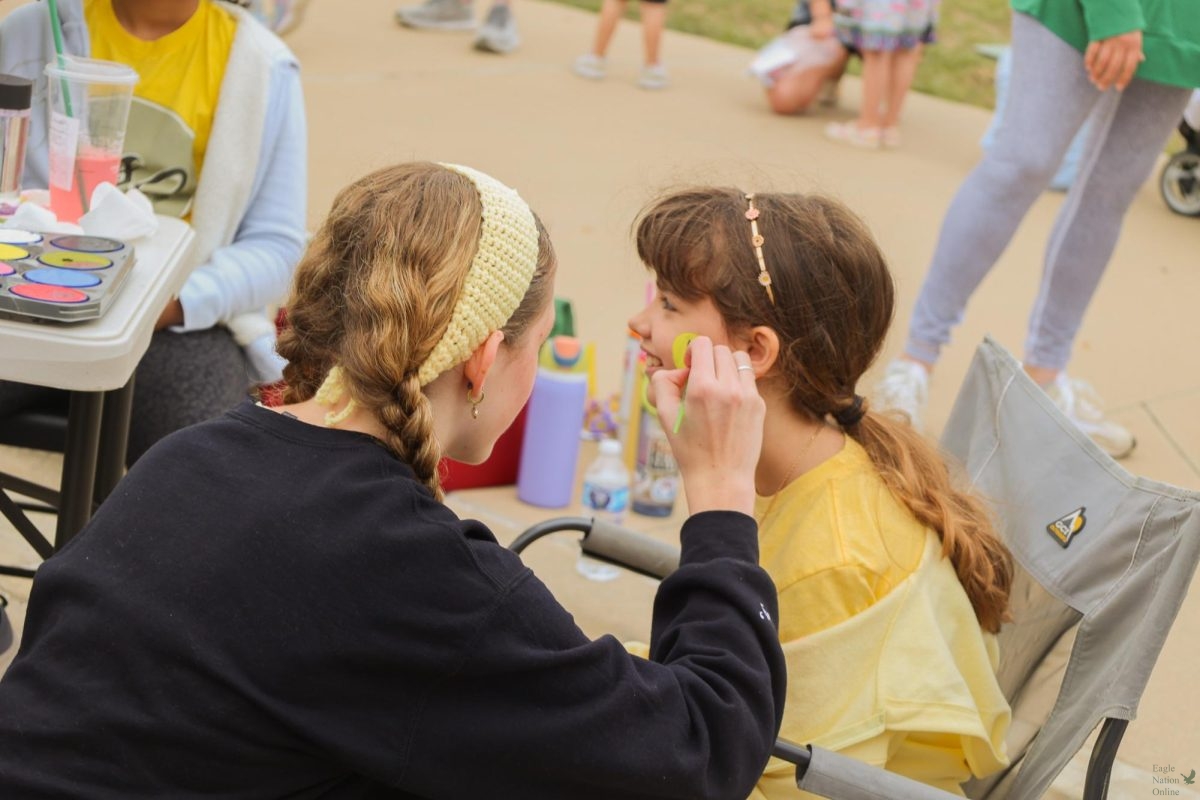


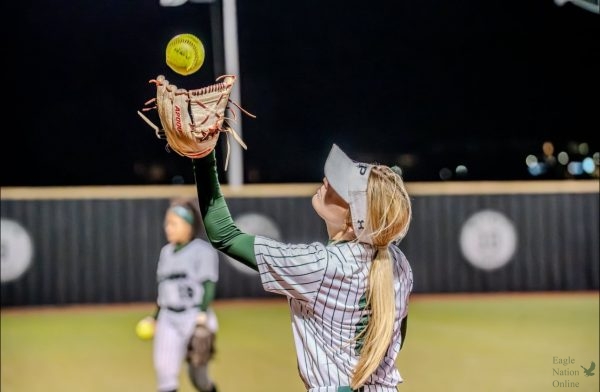
Joey Contreras • Mar 25, 2019 at 5:07 pm
Hi Neha, how are you? Just a quick introduction, my name is Joey and I live in Sugar Land TX (suburb of Houston). Going to try and keep this short and simple but read your opinion story on CNN.com here at work. I’m very impressed and wish you well in the fight for S.B. No. 514 in the Texas Senate. I’ve lived in this very red state for a while but always feel blue, and I don’t mean down lol. In high school I was not involved in any school newspaper or publishing, but I had many friends that were and they always complained about what was not allowed to be published- the stories or topics that they were really passionate about. Ok, school papers might be seen as only ‘school happening’ related but in reality it is preparing the student body for the future, for the work force, for life challenges. I’ve been working 20+ years for United Airlines (Continental) and have joined the culture rot of keeping our mouths shut and just do our jobs, no matter how miserable we feel. Keeping silent in the work force may be a big difference from high school, but if many of us, including me, would have been brave enough to take a stance, maybe we would be happier in our adult life.
I promised to keep it short, but failed. Sorry but hope you read this and thanks for listening to a random stranger, but an honest random stranger who felt the need to send support and praise. Even if just to vent a bit and feel that not all hope is lost, especially in the current condition of this country.
Take care.